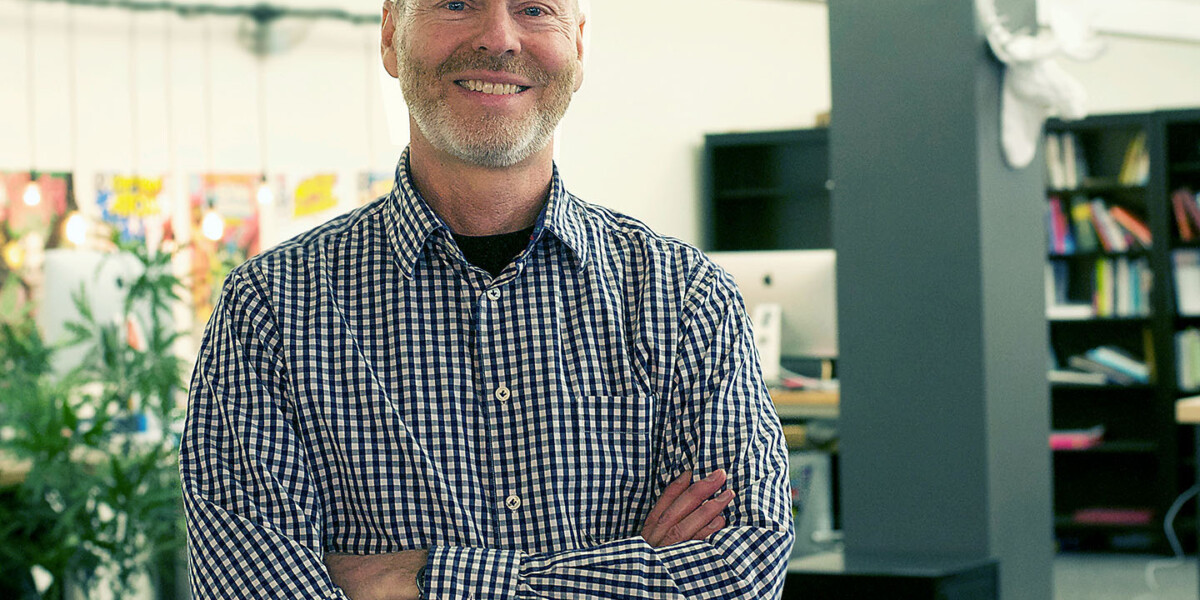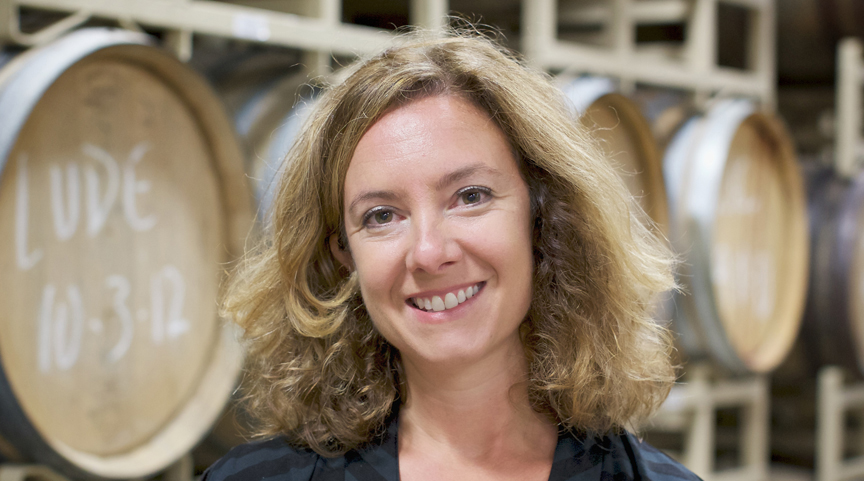By Sarah Tuff Dunn
As a sales mentor and executive coach with the Burlington-based Stone Pillars Consulting, Joe Kelly has helped clients from the Vermont Energy Investment Corporation to Liquid Measurement Systems to Draker Labs develop stronger teams.
“Teamwork allows an organization to get more done in less time with less cost and with less frustration,” he says. “That’s because individuals don’t waste time thinking about what not to say versus sharing what they really think.”
How to Be a Better Team Player
Kelly, a speaker in UVM’s Fresh Ideas workshop series, shares what he really thinks goes into becoming a better team player.
1. Build trust.
Members of a team need to be comfortable being vulnerable about their weaknesses, mistakes, fears, and behaviors.
2. Create conflict.
Teams that trust each other aren’t afraid to engage in passionate dialogue. They don’t hesitate to disagree with, challenge, and question one another, all in the spirit of finding the best answers and making great decisions. Teams that engage in unfiltered conflict are able to achieve genuine buy-in.
3. Make a commitment.
People commit to what they help to create. With commitment, they ensure that all opinions and ideas are put on the table and considered, giving confidence to the team that no stone was left unturned.
4. Foster accountability.
Teams that commit to decisions and standards of performance don’t hesitate to hold one another accountable for adhering to those decisions. They don’t rely on the team leader as the primary source for accountability; they go directly to their peers.
5. Focus on results.
Teams that trust one another, engage in conflict, commit to decisions, and hold one another accountable are likely to focus on what’s best for the team. They don’t give in to the temptation to place their department, career aspirations, or ego-driven status ahead of the collective results that define team success.
For even greater results, always keep in mind:
• People are wired to function differently, so find a good mix of personalities.
• Be genuinely curious about others, and build relationships before you need them.
• Trust that your teammates’ intentions are good, and never jump to conclusions.
To learn more about UVM’s Fresh Ideas professional workshop series, visit learn.uvm.edu.
-Sarah Tuff Dunn is a freelance writer from Shelburne.




